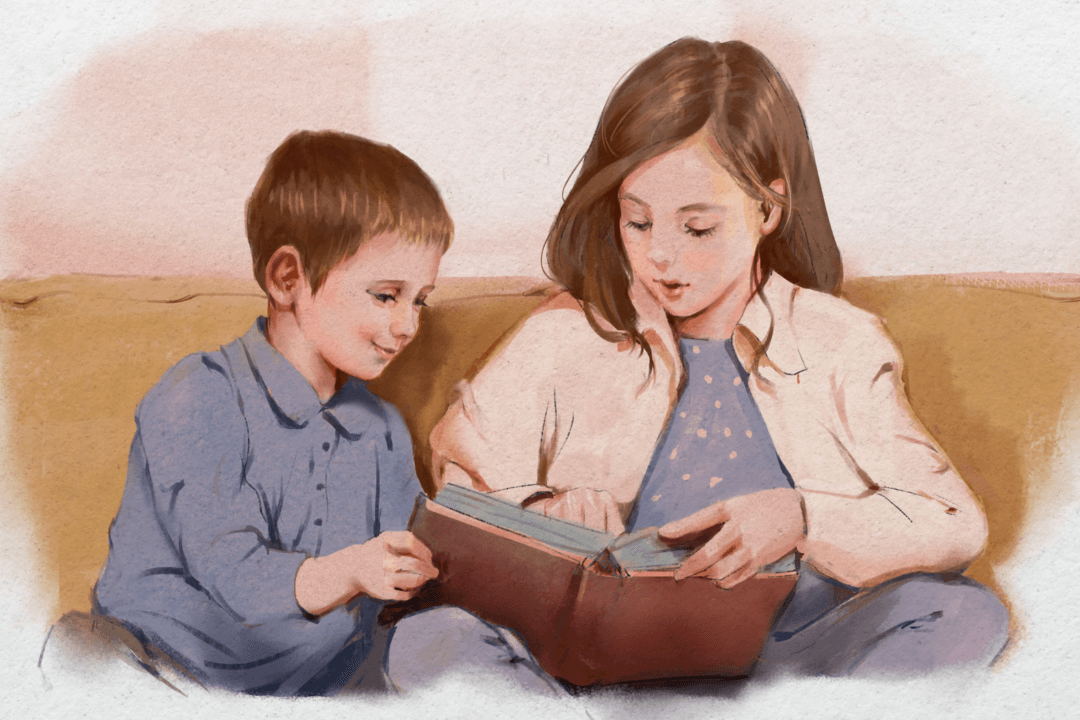A friend from New York recently asked, “Do we even remember what kindness is?”
Our phone conversation was all over the ballpark, and we never got back to her question, but her remark kept bugging me, popping into my head at random times all week long. My friend’s work puts her in front of a screen for much of the day, and I suspect she also spends some time on social media.






